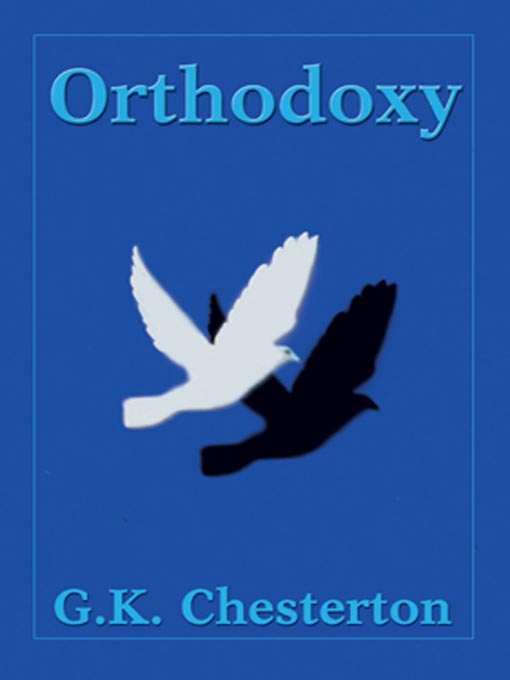G. K. Chesterton was a journalist, playwright, poet, biographer, novelist, essayist, literary commentator, editor, orator, artist, and theologian. Orthodoxy is his great apologia for the Christian faith, which was prompted by a serious attack in 1903 against Christianity by well-known newspaper editor Robert Blatchford.
Published just five years later, Chesterson's famous reply took the form of an autobiographical account of his own indoctrination into the faith. Rather than attempt to explain how Christianity can be believed, he emphasizes what fulfillment in this life can come from believing. His argument is that people in western society need a life of "practical romance, the combination of something that is strange with something that is secure. We need so to view the world as to combine an idea of wonder and an idea of welcome."

